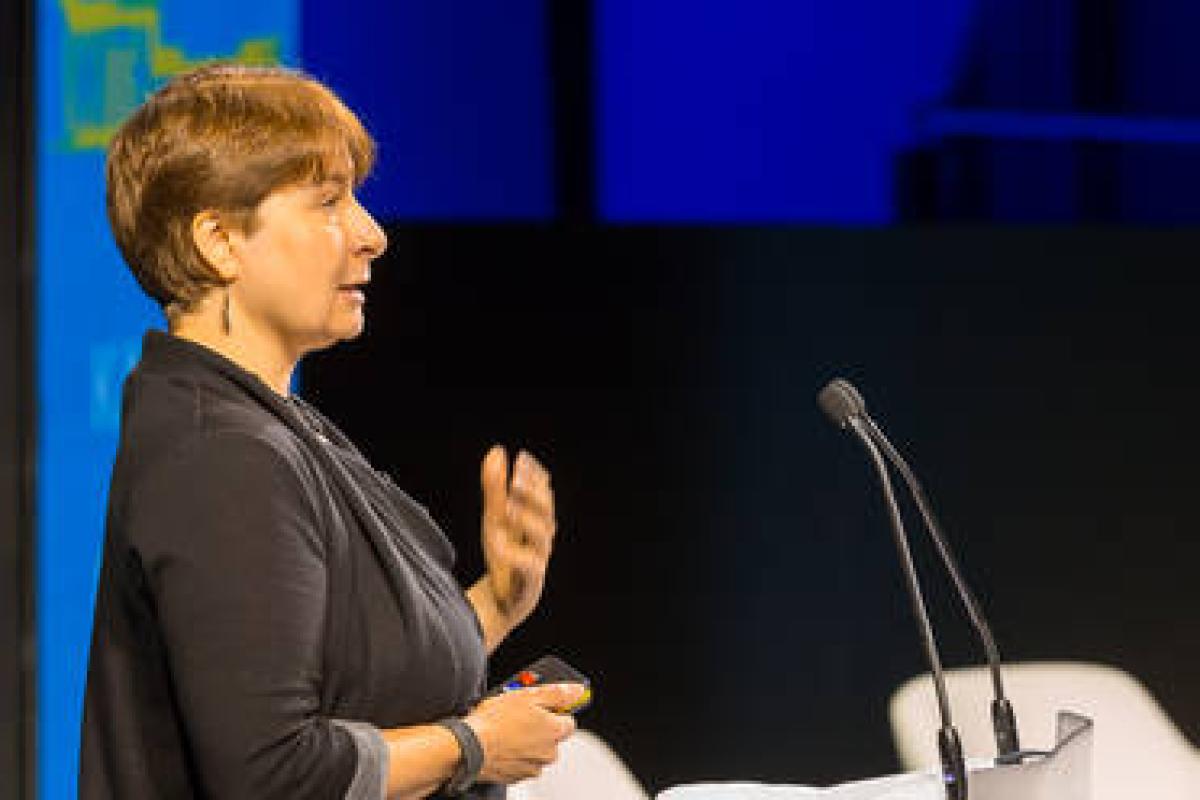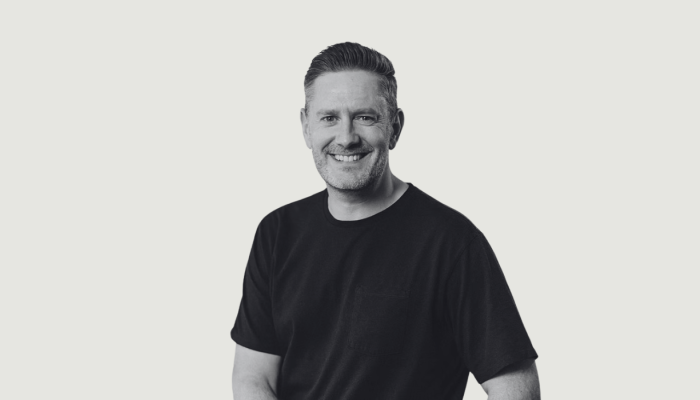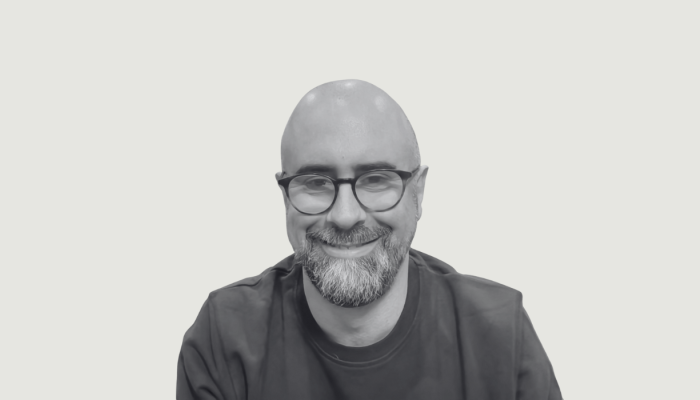Who wouldn’t want to be inspired? Invigorated, positive, motivated, uplifted. These are just some of the words that typically come to mind when we think about inspiration. And I’m delighted to say that I came away from this year’s conference feeling all of these emotions. The extraordinary stories and insights shared by a fascinating range of speakers were a genuine treat to experience.
Yet what also struck me was how many of the speakers themselves talked about very different emotions. From Min Kym and the loss of her treasured violin, to Mark Thompson handling Trump’s onslaught on the so-called “failing” New York Times. From the dreadful torment suffered by Syrian refugee and film-maker Hassan Akkad, to the shattered shoulder of Garrett McNamara, the world record-holding surfer. The words that best describe their experiences are very different in tone – testing, painful, daunting, frightening.
There was no doubt these people were all, in their own unique way, inspired. They have been driven to stand up for values and goals they believe in deeply. TUC leader Frances O’Grady spoke out for dignity, respect and fairness. Dr. Ali Parsi shared his mission to provide accessible, affordable healthcare for everyone on earth. And Raha Moharrak described her passion to show what Saudi women can achieve by climbing the world’s seven most challenging mountain peaks. Like all great leaders, these individuals are clearly doing their very best to make their lives count.
But doing so in practice is often far from easy and requires incredible reserves of resilience, courage and determination. That was why the theme of this year’s conference was so powerful – being brave.
It seems important to me that we appreciate more fully these two conflicting dimensions of inspiration – the light side and the dark side.
Don’t expect to feel inspired if you fancy an easy ride. Your life might be comfortable and enjoyable, but will you feel like you have made the most of it when you look back in the future? As Diageo’s Syl Saller observed, fear is temporary but regret is eternal.
Being inspired involves stretching ourselves, attempting to make the most of who we are and our potential impact on the world around us. To do that means going outside our comfort zones, embracing hope and fear, belief and doubt, the magic and the tragic. The Mars CMO, Andrew Clarke, defined bravery as not the absence of fear, but the ability to move forward in spite of fear. How true.
As we reflect back on the conference, I believe we should be dissatisfied with the warm, fuzzy feeling that comes from having experienced something uplifting. We must convert this positive boost in our spirit into something more tangible and action-orientated.
At the very start of the day, Dr. Emma Barrett highlighted the crucial elements involved in being brave: acting voluntarily, danger, uncertainty, fear and a valued goal. She emphasised the last of these elements as the most crucial, because without the goal, why take on all the risk.
So, for us to become truly inspired, we must look inside ourselves to find our most valued goals. What do we care about and believe in most deeply? What are the unique talents we can bring to further these causes? And what is the difference we want to make as leaders as a result? It is only by discovering the answers to these questions that we are likely to find the inspiration to become truly brave.
This piece was by Andy Bird. Follow him on LinkedIn here.



